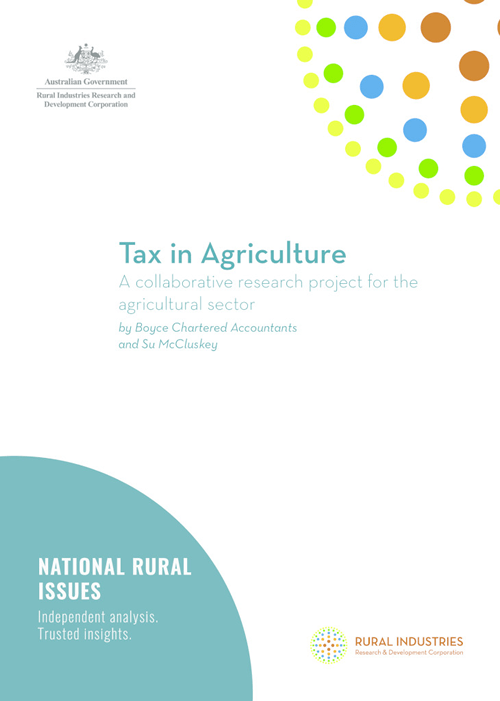The Australian agricultural sector is a strong contributor to the economy and plays a vital role in the social, economic and environmental sustainability of the nation. There are approximately 123,265 farm businesses in Australia, 99 per cent of which are Australian owned. Australian farmers produce 93 per cent of Australia’s daily domestic food supply.
The agricultural sector, at the farm gate, contributes two per cent to Australia’s gross domestic product (GDP). The gross value of Australian farm production in 2013-14 was $51 billion, an increase of six per cent from 2012-135. In the same year, Australia’s farm exports earned the country $41 billion, which is around 60 per cent of what farmers grow and produce. Australian farmers are an essential part of the economy’s fabric, contributing to the sustainability of rural and regional communities, as well as the broader economy.
Agriculture has always played an important role in the prosperity of Australia and continues to play a pivotal role in building the country’s wealth. This is why agriculture is considered one of the five pillars of the Australian economy. A strong agricultural sector contributes to a strong economy, which means more jobs, more exports, higher incomes and better services to the community.
Australia’s continued economic wellbeing depends on all levels of government facilitating an environment that drives economic growth and ensures current living standards can continue or improve, while also protecting the prosperity of future generations.
A good tax system raises the revenue needed to finance the provision of government services and activities without imposing unnecessary costs on the economy. Tax reform is about improving the tax system as a whole and is not just about raising revenue. While expenditure constraints are acknowledged, tax reform should be based on longer term economic efficiency.
The community expects governments to maintain a strong and sustainable social safety net. However, with an ageing population, in the absence of tax reform, significant pressure would be placed on the health system and social welfare expenditure.





